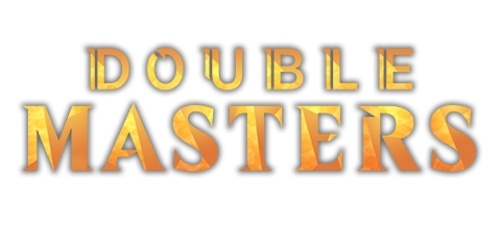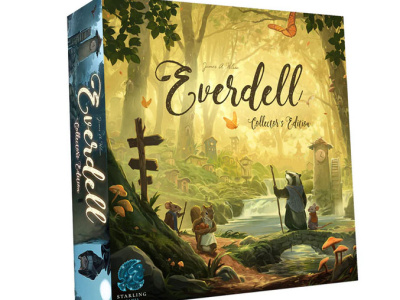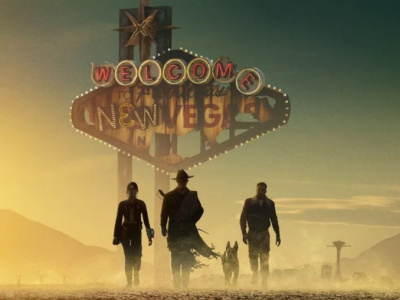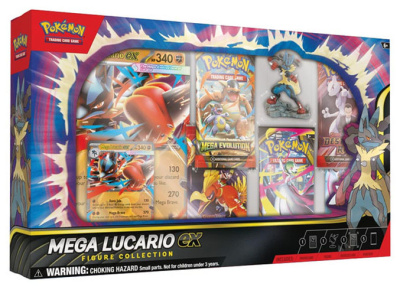An exchange on the blog of Mark Rosewater, the lead designer for Wizards of the Coast’s Magic: The Gathering, offers some insights into Wizards of the Coast's strategy as it tests the consumer price threshold.
The exchange began with a question about the expected price of the Double Masters set (see "Wizards of the Coast Unveil 'Magic: The Gathering' 'Double Masters' Set"). The user felt "priced out" of the set with the expected booster box price at extremely high levels (TCGPlayer market price $400.01 as this is written). Rosewater responded by explaining the rationale behind WotC's objectives in making products for whales, or high-end Magic consumers:
"One of our audiences are invested players with a higher price threshold," Rosewater wrote. "That is, there are players who are willing to spend a lot of money for highly desired cards, be it reprints or alternate versions. It’s in our interest to make products for those players (things like Double Masters and collector boosters). Note that we take great care to make those products something that group is happy to buy. The issue is those desirable cards are also desired by players who that product is not aimed for. Desirable cards are desirable cards. So when we make these products, that group gets upset because the prices seem so high. It feels like an insult. We made something they’d like, but we priced them out of being able to purchase it."
Rosewater's response leads to a couple of insights for retailers gearing up for the slew of Magic: The Gathering products hitting the streets in the next couple of months (see "Super Summerdrop Announced"). For one, Rosewater has declared that they are on the hunt for whales with some of their product configurations which means that not all of the Magic products coming out may be right for every retail setting. Some retailers may have lots of customers with "higher price thresholds," others may not.
Second, Rosewater’s comments on reprinting desirable cards indicate that his team does recognize which cards are desired in the aftermarket and which ones are not, and are using that information to make product decisions. The best of breed strategy being used by WotC mimics the secondary singles market without acknowledging the existence of a secondary singles market. Any card not on the Magic: The Gathering Reserved List is fair game for a reprint, making long-term value for sealed Magic product a dicier proposition than it was before this recent evolution of WotC strategy. Retailers holding sealed product based on the presumed long-term value of desirable singles may now look to the quote from Bernard Baruch, "No one ever lost money taking a profit."
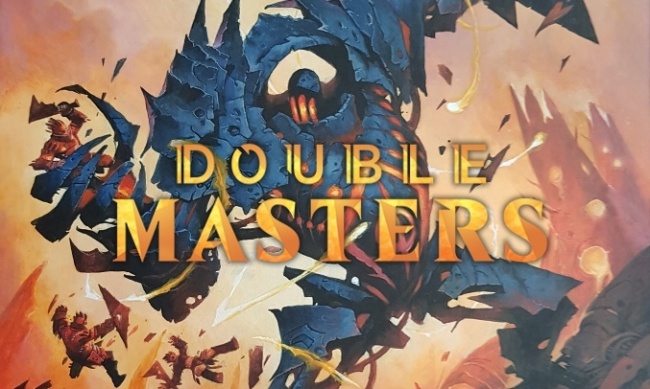
WotC Tests the Consumer Price Threshold
Posted by Jeffrey Dohm-Sanchez on May 28, 2020 @ 3:45 am CT
MORE GAMES
Offers Players New Content and Upgraded Components
August 25, 2025
Tycoon Games will release Everdell Collector's Edition , a new edition of the popular board game, into retail.
Showbiz Round-Up
August 25, 2025
Hollywood news continues to trickle in late into August. Time for a round-up!
MORE NEWS
At Anime NYC
August 22, 2025
The winners of the 2025 American Manga Awards, organized by Anime NYC owner LeftField Media and Japan Society, were announced in a ceremony at Anime NYC in New York on August 21.
New Boxed Set
August 22, 2025
The Pokemon Company International will release Pokemon TCG: Mega Lucario ex Figure Collection, a new boxed set, into retail.



